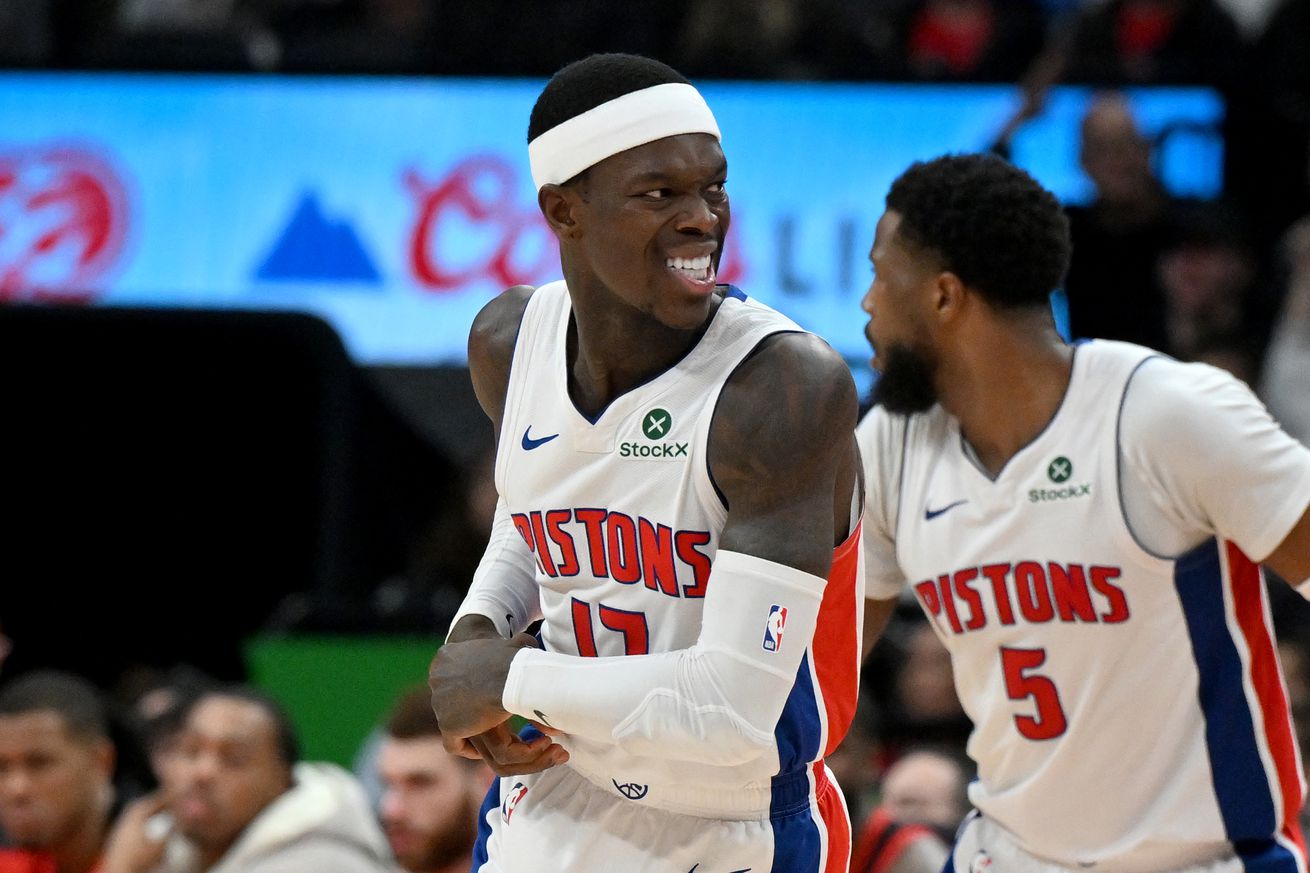
Pistons can use trade exception to add players in a future trade
In the end, the transaction was just about as boring as possible. Dennis Schröder has finally been dealt to the Sacramento Kings in a sign-and-trade deal that nets the Detroit Pistons a $14.2 million trade exception and a 2026 second-round pick. The Pistons will also be sending Sacramento a “least favorable” 2029 second-round pick in the deal.
That means this didn’t turn into a three- or four-team trade. It didn’t net the Pistons a power forward of the future or an impact guard of the present like Malik Monk, which had been a rumor since Schöder first agreed in principle to sign a three-year, $45 million deal with the Kings.
The Pistons will have one calendar year to use the $14.2 million trade exception, and it cannot be aggregated with other salaries as part of a deal. However, it can be used on multiple players as long as their salaries do not exceed $14.2 million.
There is little likelihood the Pistons already have a deal lined up to use the trade exception, and there is a better-than-decent chance they never use it at all. These kinds of deals are made all the time, and the exception expires with no fanfare.
Earlier Monday, they signed second-round pick Chaz Lanier to an NBA contract to be a member of the 15-man team. They will also add Duncan Robinson as part of a trade for Simone Fontecchio and Caris LeVert via the mid-level exception.
The Pistons could still be looking to fill some minor holes in the rotation in the lead-up to training camp. They have 13 players under contract. Former Piston Malik Beasley’s future is very much up in the air after it was announced he was under federal investigation tied to NBA betting.
Seemingly, any deal Beasley signs while navigating significant legal and financial troubles would be for the veteran minimum. That could conceivably be Detroit if the Pistons feel like he could contribute this season. The Pistons could also bring back Lindy Waters, whom they acquired last season from the Golden State Warriors .
Positionally, the Pistons have the most significant depth issues at backup point guard and backup power forward.
At point guard, it looks like they will take a committee approach from non-traditional point guards. That could include Jaden Ivey, LeVert, Ausar Thompson, and Marcus Sasser. At power forward, they have depth, but not the kind of depth you can trust offensively.
Thompson can slide to power forward, and second-year player Ron Holland can play power forward, but neither is a reliable scorer, and neither is as bulked up as you would want for a reserve big man. There is also last year’s second-round pick, Bobi Klintman.
Finally, though, Schröder is gone, and we know the return. Time to move on to the next thing.
